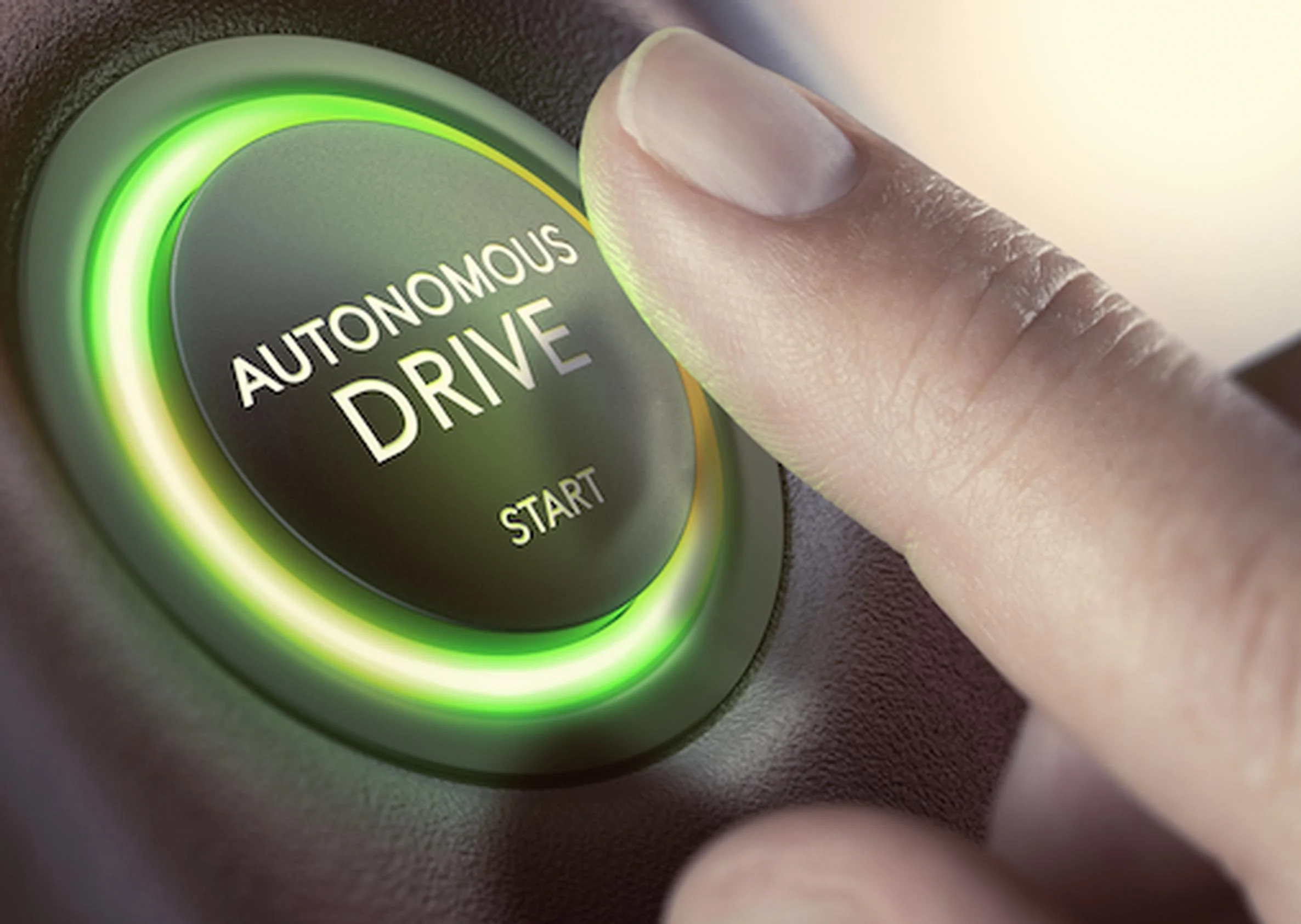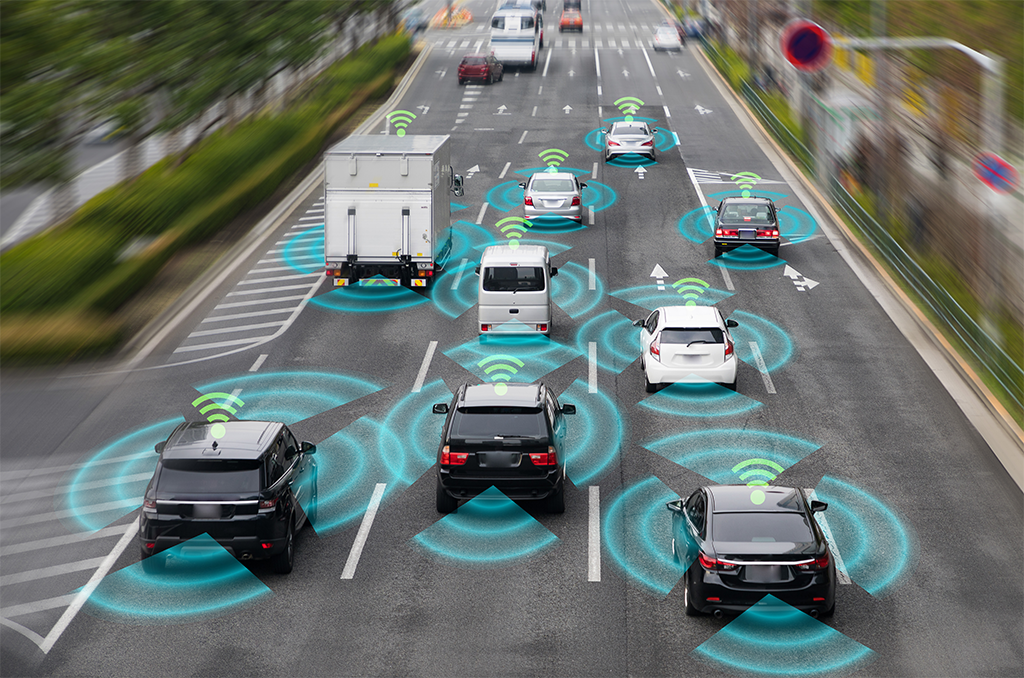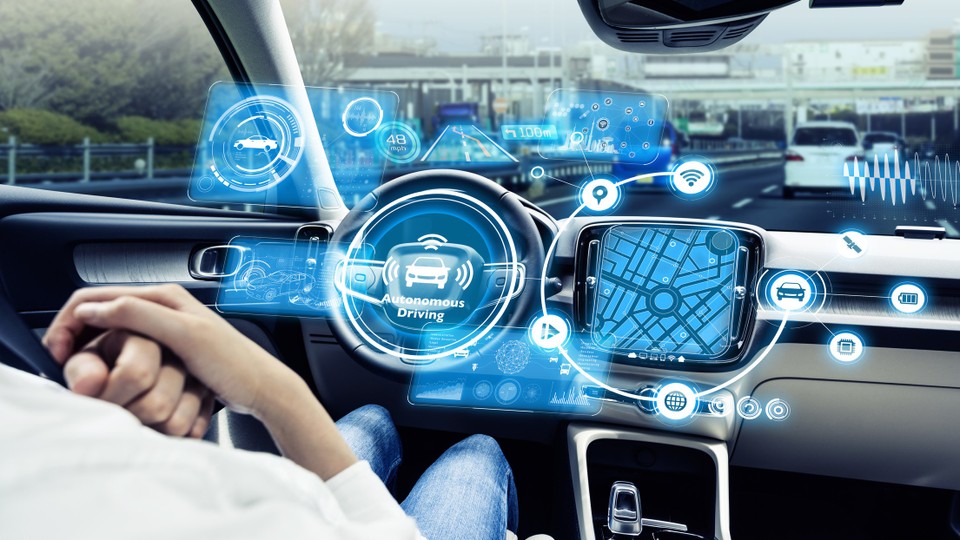The rise of autonomous vehicles and advanced driver-assistance systems (ADAS) is transforming the automotive world, promising enhanced safety, efficiency, and convenience. However, this technological evolution has sparked a debate among car enthusiasts who fear that the increasing automation in vehicles might be erasing the joy of driving. For many, the act of driving is not just a means of transportation but a passionate and engaging experience that connects them with their cars and the road.
Car enthusiasts argue that the tactile feedback, manual control, and the thrill of going through winding roads are irreplaceable aspects of driving that automation cannot replicate. They express concerns that fully autonomous vehicles might diminish the driver’s role to that of a passive passenger, depriving them of the sensory and emotional experiences that make driving enjoyable.
On the other hand, proponents of automotive automation highlight the potential benefits, including reduced traffic accidents, lower emissions, and improved mobility for those unable to drive. They argue that advanced technologies can coexist with the joy of driving, offering options for manual control while providing safety and convenience features when needed.
In this article, we will explore both perspectives. First, we will look into the concerns of car enthusiasts regarding the impact of automation on the driving experience. Then, we will examine the arguments in favor of automation and its potential benefits. Through this balanced analysis, we aim to provide a comprehensive understanding of the evolving relationship between car enthusiasts and automotive automation.
Concerns of Car Enthusiasts Regarding Automation
Car enthusiasts have long cherished the act of driving as a deeply engaging and fulfilling experience. The tactile feedback from the steering wheel, the manual control of the gear shift, and the thrill of going through challenging terrains are aspects of driving that enthusiasts hold dear. With the advent of autonomous vehicles and advanced driver-assistance systems (ADAS), there is growing concern that these cherished experiences may be eroded or lost altogether.
One of the primary concerns is the potential loss of manual control. For many car enthusiasts, driving is an active and immersive activity that requires skill and coordination. The ability to manually control the vehicle, including shifting gears, modulating the throttle, and making precise steering inputs, is integral to the joy of driving.
Automation, which aims to reduce or eliminate the need for human intervention, threatens to transform drivers into passive passengers. This shift could lead to a diminished connection between the driver and the vehicle, reducing the sensory and emotional experiences that make driving enjoyable.

Another concern is the impact on the automotive culture and community. Car enthusiasts often come together to share their passion for driving, participate in events, and engage in discussions about vehicles and driving techniques. The rise of autonomous vehicles may alter the dynamics of this community, as the focus shifts from driving skills to technology and software. The traditional skills and knowledge that define car culture could become less relevant, leading to a loss of identity and camaraderie among enthusiasts.
Additionally, car enthusiasts worry about the homogenization of driving experiences. Autonomous vehicles are designed to prioritize safety and efficiency, which often involves adhering to strict protocols and standardized driving behaviors. This approach can limit the individuality and creativity that enthusiasts bring to their driving. The unique driving styles and personalized touches that make each journey distinct may be overshadowed by the uniformity imposed by automation.
There is also a concern about the potential for increased regulatory control. As autonomous vehicles become more prevalent, there may be a push for stricter regulations and limitations on manual driving. Enthusiasts fear that such regulations could restrict their ability to enjoy their vehicles to the fullest, further eroding the joy of driving.
Car enthusiasts are concerned that the rise of automotive automation could diminish the manual control, sensory engagement, and cultural aspects that make driving a cherished experience. The potential loss of these elements raises questions about the future of driving as a passionate and engaging activity.
Arguments in Favor of Automotive Automation
While car enthusiasts express concerns about the impact of automation on the driving experience, proponents of automotive automation highlight the potential benefits, emphasizing that advanced technologies can coexist with the joy of driving. One of the most significant advantages of automation is the potential to enhance safety on the roads.
Human error is a leading cause of traffic accidents, and advanced driver-assistance systems (ADAS) can help mitigate these risks by providing features such as lane-keeping assist, adaptive cruise control, and automatic emergency braking. By reducing the likelihood of accidents, automation can save lives and prevent injuries, contributing to road safety.
Another key benefit is the potential for improved traffic efficiency and reduced congestion. Autonomous vehicles can communicate with each other and with traffic infrastructure, optimizing traffic flow and reducing the stop-and-go patterns that contribute to congestion. This can lead to shorter travel times, lower fuel consumption, and reduced emissions, contributing to a more sustainable transportation system. The integration of automation can enhance the driving experience by providing a smoother and more efficient journey.
Automation also offers increased mobility for individuals who are unable to drive due to age, disability, or other factors. Autonomous vehicles can provide newfound independence and access to transportation for these individuals, improving their quality of life and expanding their opportunities for social and economic participation. By making transportation more accessible, automation can promote inclusivity and equity in mobility.

Proponents argue that automation and the joy of driving are not mutually exclusive. Many modern vehicles with advanced driver-assistance systems still allow drivers to take manual control when desired.
These systems can be designed to enhance the driving experience by providing support and convenience features without fully replacing the driver’s role. For example, adaptive cruise control can reduce the stress of long highway drives while still allowing the driver to enjoy manual control on winding roads. This approach can strike a balance between the benefits of automation and the enjoyment of driving.
Furthermore, the development of autonomous vehicles can drive technological innovation and economic growth. The research and development of advanced automotive technologies create new opportunities for engineers, software developers, and manufacturers. This innovation can lead to the creation of high-quality jobs and contribute to the advancement of the automotive industry.
While concerns about the impact of automation on the joy of driving are valid, the potential benefits of automotive automation are substantial. Enhanced safety, improved traffic efficiency, increased mobility, and technological innovation are key advantages that automation brings to the table. By striking a balance between automation and manual control, it is possible to preserve the joy of driving while harnessing the benefits of advanced technologies. This balanced approach can lead to a safer, more efficient, and more inclusive future for transportation.

